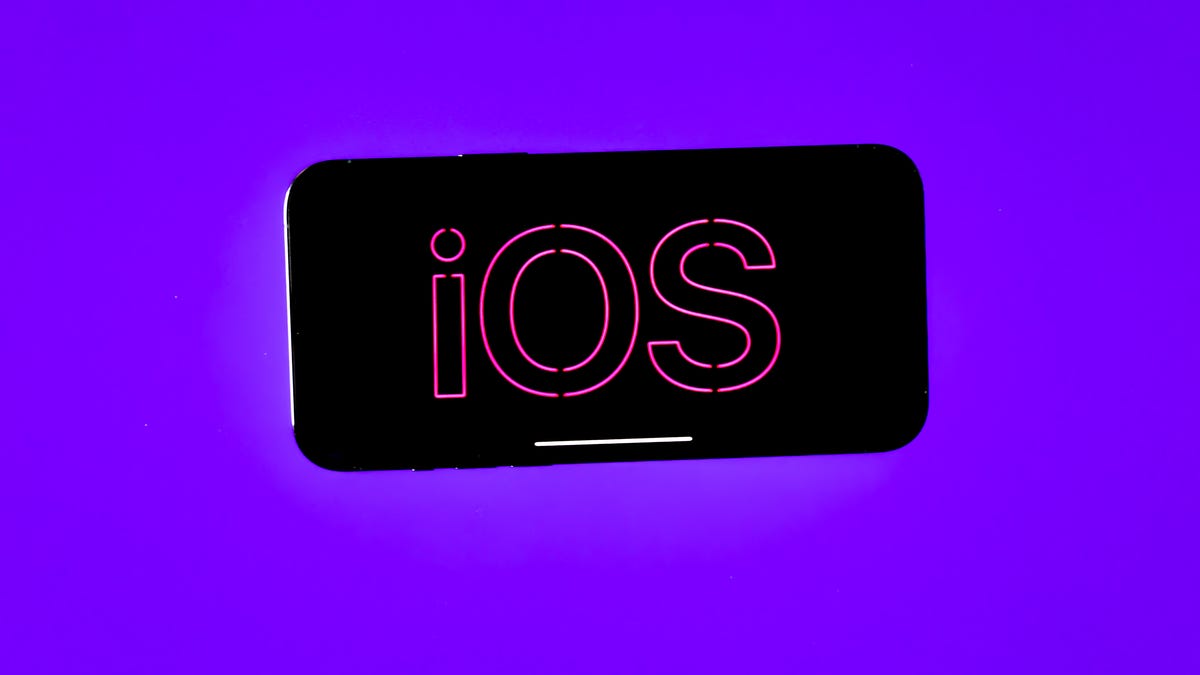How the Latest iPhone Security Changes Take Aim at AirTag Stalking
Discover the new privacy features in Apple's latest iOS 15.4 update.

Apple released the most recent update to iOS on March 14.
Apple's latest iPhone operating system upgrade -- iOS 15.4 -- has mostly drawn attention for its 37 new emoji, but the latest point release adds other cool features like Universal Control and the ability to use Face ID with a mask. Along with its interface and functionality changes, iOS 15.4 also introduces new security and privacy upgrades.
The most notable new security features in iOS 15.4 are aimed at the prevention of stalking and other crimes using Apple AirTags, but iOS 15.4 also includes useful new features for organizing saved passwords and new ways to customize password security recommendations.
Read on to learn more about the new privacy and security features in iOS 15.4. If you've yet to update to iOS 15.4, here's everything to know about the latest release. And here's how to use Apple's lockdown mode on your iPhone.
New anti-stalking notifications for AirTags
There's a risk that AirTags could be misused by thieves and stalkers to track unsuspecting victims. In the last few months, Apple has released several new updates to iOS to help prevent AirTags from being used to stalk people, and that continues with the release of iOS 15.4.
Apple is making it harder for stalkers to use AirTags to track other people.
When setting up an AirTag with iOS 15.4, you'll now receive a notification that your AirTag is linked to your Apple ID, essentially warning you that if you attempt to use it to stalk someone, the AirTag can be linked back to you. The notification also states that using the AirTag to track someone in this manner is considered a crime.
iOS 15.4 also offers more specific callouts when you are using AirTags. When your iPhone detects an AirTag that seems to be moving with you, you'll now get an "AirTag Found Moving With You" alert that replaces the more generic "Unknown Accessory Detected" notification.
New notes for your saved passwords
Is there something important that you need to jot down in regards to your credentials? With iOS 15.4, you can now add a note to usernames, emails, and passwords you save in your iCloud Keychain. To access this, open the Settings application and do the following:
1. Go into Passwords and authenticate yourself.
2. New, tap an account you want to leave a note for.
3. Finally, hit Add Notes and type in your note.
Once you're finished, tap Done in the top right and you'll then have a saved note for those credentials.
You can add a note to your saved iCloud accounts.
Safari won't save passwords without a username anymore
If you've ever had trouble finding a password for a website that you know you saved via iCloud, it might because iOS saved that same password without a username. Without a username, the password won't appear in your keyboard when you access that website, but iOS 15.4 is aiming to fix that issue.
Now, when you attempt to save a password without a username in Safari, you'll receive a pop up that will ask for one. The notification says "To save this password, enter the username for your [website] account," and you'll see a text field that you can use to enter the username or email.
How to hide those password security recommendations
It's good practice to never repeat a password across accounts, and Apple is adamant about that, which is why when you go to Settings > Passwords, you might see security recommendations for your compromised, easily guessed or reused passwords.
The alerts are a good thing, but if you don't want to be reminded every time you go into your Passwords settings, you can hide them: Go into an account and then tap the X icon in the top-right corner of the alert. In the pop-up that appears, tap Hide to get rid of the security recommendation. If at any time you want to see the security recommendation again, go to Hidden Security Recommendations in your Passwords settings.
I don't recommend getting rid of these alerts, but if you want to take a break from them, they're easy to hide.

